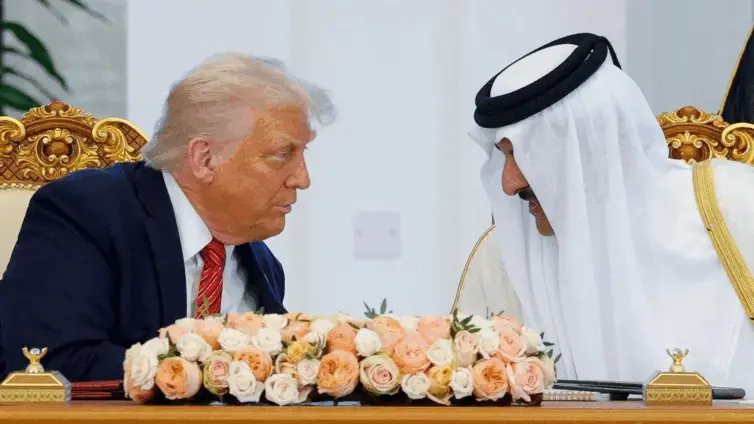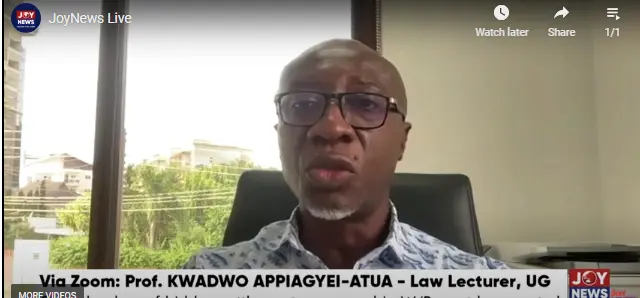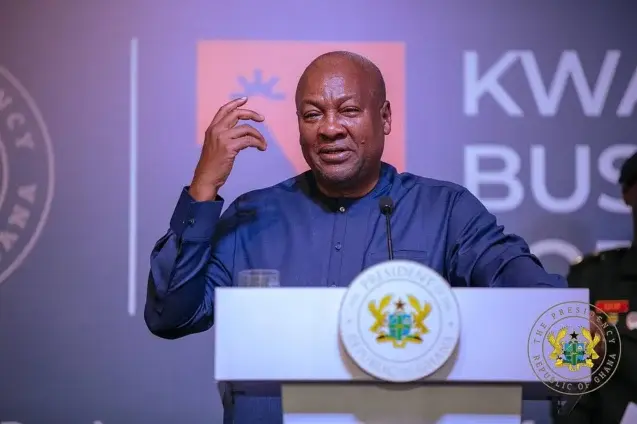A curious political alignment has emerged in Washington, uniting figures from across the spectrum in their opposition to a potential gift to former President Donald Trump: a luxury jet from Qatar. From Trump’s fiercest critics on the left to some of his staunchest supporters within the MAGA movement, the proposed deal has sparked an unusual chorus of disapproval.
At the heart of the controversy is an offer from the Qatari government to donate a Boeing 747-8, estimated to be worth $400 million, to the U.S. Department of Defense. The plan, according to some sources, involves the plane eventually being transferred to Trump’s presidential library after his term. But the prospect of accepting such a lavish gift has triggered ethical alarms and raised questions about potential conflicts of interest, making the Qatar plane deal a political flashpoint.
The backlash has been swift and widespread, prompting scrutiny of Qatar’s motives, the legality of the transaction, and the potential implications for U.S. foreign policy. This article will delve into the diverse reactions to the Qatar plane deal, examining the ethical quandaries, potential ramifications, and the surprising political unity it has ignited.
The Democratic National Committee, wasted no time in seizing on the opportunity to criticize the former president. They erected a mocking banner dubbing the arrangement “Qatar-a-Lago,” a play on Trump’s Mar-a-Lago resort, suggesting that this was another example of foreign influence peddling, raising accusations of potential conflicts of interest and ethical breaches.
But the criticism hasn’t been confined to the Democratic Party. Some prominent voices within the MAGA world, typically staunch allies of Trump, have also voiced strong reservations. Influencers have described the plane deal as a “bribe,” a “grift,” or an example of high-level corruption. Laura Loomer, a well-known figure in conservative circles, even shared a cartoon depicting the plane as a Trojan Horse, suggesting that Qatar’s gift may come with hidden agendas.
Critics have focused on allegations of Qatari support for terrorism. Ben Shapiro, for example, has asserted that Qatar allegedly funnels money into terrorist groups. “Qatar is not allegedly giving President Trump a $400m jet out of the goodness of their sweet little hearts,” Shapiro said. While Qatar has consistently denied these allegations, they continue to fuel concerns about the country’s role in the region and its relationship with the U.S.
Pam Bondi, a former Florida Attorney General and a staunch Trump supporter, has also come under scrutiny for her prior lobbying work for Qatar. Questions have been raised about whether she should be involved in investigating the legality of the Qatar plane deal, given her past ties to the country. Furthermore, the Trump Organization’s ongoing business ties with Qatar, including a luxury golf resort project, add another layer of complexity to the ethical considerations surrounding the gift.
The White House has defended the potential acceptance of the plane, with Press Secretary Karoline Leavitt stating that the administration is committed to full transparency and compliance with all applicable laws. “Any gift given by a foreign government is always accepted in full compliance with all applicable laws,” Leavitt said.
Trump himself has dismissed ethical concerns, berating ABC reporter Rachel Scott for questioning the ethics of the transaction. “You should be embarrassed asking that question,” Trump said, likening the gift to the Statue of Liberty, which was gifted from France.
Senator Rand Paul has expressed concerns about the appearance of impropriety and the potential impact on judging Qatar’s human rights record. “I think it’s not worth the appearance of impropriety, whether it’s improper or not,” Paul said.
Senator Ted Cruz has raised concerns about significant espionage and surveillance problems associated with accepting the gift. Senator Tommy Tuberville offered a contrasting view, citing financial reasons for accepting the donation. “Free is good. You know, we don’t have a lot of money right now to buy things like that,” Tuberville said.
Sheikh Mohammed bin Abdulrahman bin Jassim Al-Thani, the Qatari Prime Minister, addressed the controversy in an interview on CNN, emphasizing that it’s a government-to-government transaction. “It is a government-to-government transaction. It has nothing to do with personal relationships – neither on the US side, nor the Qatari side. It’s between the two defence ministries,” Al-Thani said. He also denied seeking influence in the United States and asserted Qatar’s reliability as a partner.
The Emoluments Clause of the U.S. Constitution, which prevents officials from accepting gifts from foreign states, looms large over the debate. The White House argues that the gift is to the U.S. government, not Trump personally, and therefore does not violate the clause.
The Qatar plane deal has ignited controversy and brought together an unlikely coalition of political opponents. The ethical concerns, potential conflicts of interest, and questions about foreign influence have fueled bipartisan criticism. The White House defends the deal, citing compliance with all applicable laws, but the long-term implications remain uncertain.
The Qatar plane deal unites Trump’s critics and supporters, underscoring the complex intersection of international relations, ethical considerations, and domestic politics in the Trump era. This unusual political alignment highlights the deep divisions and shared concerns surrounding foreign influence and ethical conduct in American politics.
Image Source: MYJOYONLINE





















